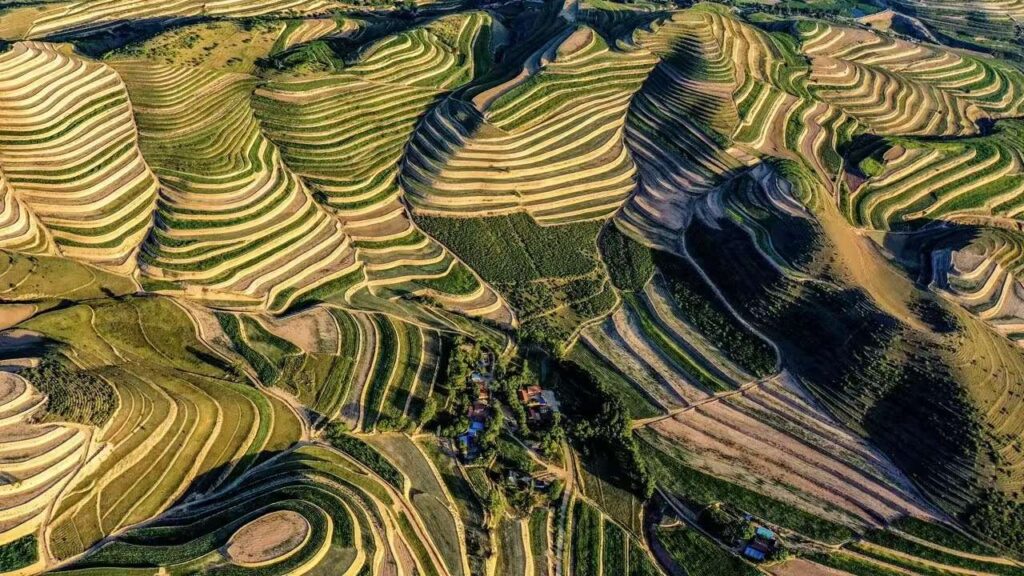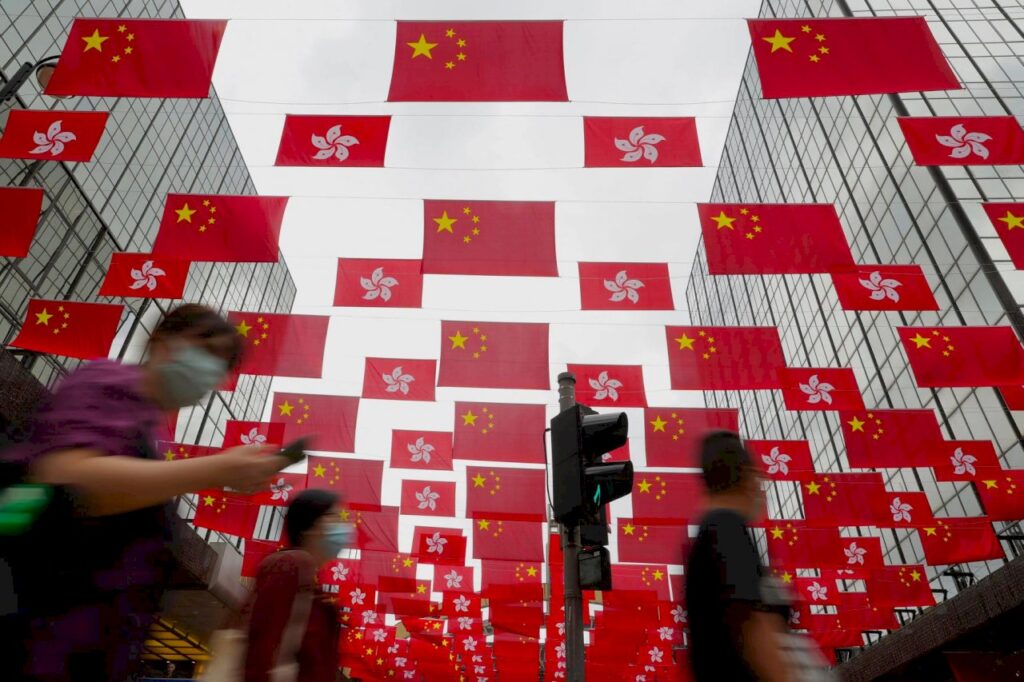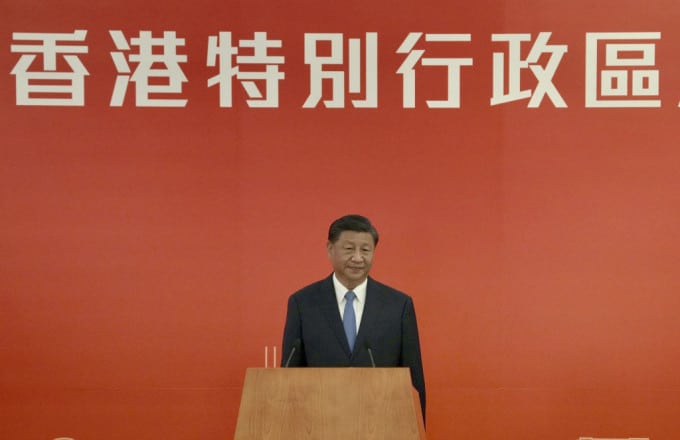On the third day of the Lunar New Year, I would like to first send my New Year greetings to all readers and wish you all peace and prosperity in the Year of the Tiger. The tiger is majestic and full of vitality. It has multiple images and meanings and is deeply rooted in our culture. The domineering and powerful ones are the dragons and tigers, the majestic and dangerous ones are the dragons and the tigers, the dangers are the dragon pools and the tiger dens, and the extraordinary strength is the crouching tiger, hidden dragon. The nomination period for the chief executive election will begin at the end of the month, and the five-year battle between dragons and tigers is about to take place. Today, we will take advantage of the festive atmosphere to talk about the inspiration and expectations of the Year of the Tiger for the next chief executive.
Stay alert in the face of crisis
Chinese culture almost worships the majesty of the tiger. In ancient times, the tokens used by emperors to mobilize their troops were in the shape of a tiger, and were called tiger talismans. Half of the tiger talisman was given to the generals, and the other half was kept by the emperor. Only when the two halves match can the troops be mobilized, which is a symbol of military power. "The Book of Mountains and Seas" records a very high-status god with a human face and a tiger body and nine tails, named Lu Wu, who is in charge of the nine parts of the sky. According to legend, he was sent by the Emperor of Heaven to assist Dayu in controlling floods and conquering the navy Gong Gong. There are many animals with strong combat capabilities in the Yanhuang land, and there are also many mythical beasts with outstanding abilities under the Kunlun Mountains. However, only those who can command the four directions and have the talents of kings and assistants can be entrusted with important tasks.
The West does not produce tigers, and the imagination of them is more or less just ferocious beasts. Kipling's "The Jungle Book" wrote the tiger Sherry Khan as the villain, who vowed to eradicate the protagonist who was raised by wolves out of hatred. Shakespeare's Romeo decided to seek death at Juliet's grave, saying that he was more ferocious and ruthless than a hungry tiger. "Life of Pi" is a bit more philosophical. The protagonist is shipwrecked and lives with a tiger on a lifeboat. In fact, the tiger represents the animal nature of the protagonist, who struggles with human nature to survive at sea, relying on and guarding against each other. Crisis-ridden situations can stimulate the instinct to stay alert. Today's geopolitics are in turmoil, war is not far away from us, and we need to have this sense of urgency.
Lead Hong Kong back to its feet
When faced with the threat of tigers, traditional wisdom teaches us to avoid head-on conflict. We can either lure the tiger away from the mountain or sit on the mountain and watch the fight between the tigers. A newborn calf is not afraid of a tiger because it has not experienced much of the world and does not overestimate its own abilities. Going there knowingly as you know there is a tiger there means you are ready to die. However, the most foolish thing is to seek the skin of a tiger and bring trouble upon yourself by raising a tiger. Therefore, Mao Zedong said that people who hold the mentality of "don't touch the tiger's butt" will never succeed. Deng Xiaoping was more vivid. He said that the buttocks of tigers aged 60, 40, 20 or 30 should all be touched. It is a shame for an official to avoid doing things. If you want to take responsibility, you must be aware that you can't get a tiger cub without entering the tiger's den.
By the way, Hong Kong was once named after the tiger, and was hailed as the Asian Tigers together with South Korea, Singapore and Taiwan, which refers to the power of its economic take-off. When translated into Chinese, tiger is changed to dragon, which refers to the Four Asian Tigers. These four places are models of post-industrial economic development. Many places have followed their example and called them "tigers". Ireland's economy grew rapidly in the 1990s, and the Celtic Tiger rose to prominence. However, things took a turn for the better. When the European debt crisis hit, it was pushed into the PIIGS group and turned from a rising star into a burden. In recent years, it has once again become the country with the best economic performance in Europe, and even grew against the trend during the epidemic. The lesson Ireland teaches the world is that even if one experiences catastrophic financial risks and is bullied by others, there will be a day when one can recover. Whether the current situation in Hong Kong is good or bad, looking forward to the next five years, we will be able to take off like a dragon and roar like a tiger!
Ray Poon
Co-Convenor (Research), Path of Democracy



